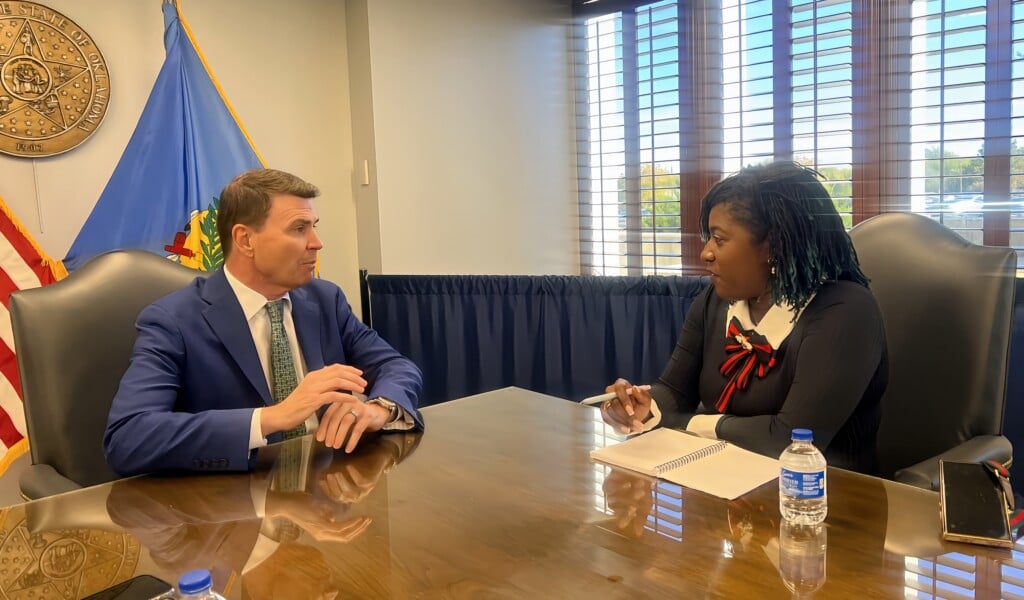What to Do When Kids Are Struggling in School
Schoolwork doesn’t always come easily, and for some kids the struggle becomes overwhelming. Parents may wonder: Is this a rough patch, or does my child need more support? Should we hire a tutor, talk with the teacher or request school testing? Knowing when and how to act can make a difference between frustration and confidence.
Academic challenges can show up at any age and in different ways. A first grader may stumble over learning to read, while a middle schooler suddenly hits a wall in math. Some students excel in most subjects but find themselves struggling in one area, which can chip away at confidence and affect their overall love of learning. No matter the stage, it’s important for parents to recognize when difficulties go beyond normal ups and downs.
How to Know When Your Child Needs Help
Every child has off days, but patterns of difficulty are worth attention. Here are some signs your child may benefit from extra academic support:
- Homework leads to tears or meltdowns. If assignments routinely end in frustration or conflict, the work may feel too difficult or overwhelming.
- Grades are slipping despite effort. A sudden or ongoing drop in test scores can signal gaps in understanding.
- Frequent comments from the teacher. If you’re hearing that your child is struggling to keep up, losing focus or missing skills, take it seriously.
- Avoidance of schoolwork. Children may procrastinate, “forget” assignments or dread reading aloud if they’re covering up difficulties.
- Big differences compared to peers. Falling significantly behind grade-level expectations in reading, writing or math may mean it’s time for intervention.
- Low confidence. Phrases like “I’ll never get this,” or “I’m stupid” are red flags that academic struggles are affecting self-esteem.
What Help Is Available?
Support looks different depending on the child, the school and the family, but the goal should always be the same: helping children feel good about learning so they can grow. Caitriona Harris, director of learning initiatives at Monte Cassino School, says this kind of support must go beyond procedures and paperwork.
“It’s easy for schools to get wrapped up in protocols and protections,” she said. “But when the focus shifts away from the child, that’s when thriving stops. Support should feel straightforward and positive—an expression of love. When people feel good, they grow, and that’s the purpose of school.”
At Monte Cassino, that philosophy is put into practice through REACH, a program that identifies and supports students early. Children are assessed at the start of the year, with progress monitored several times throughout. If teachers or specialists notice a child is struggling, interventions are put in place right away—without waiting for a formal diagnosis. That may look different depending on the grade. For instance, at least a quarter of Monte Cassino first graders are placed in first grade reading clubs with small-group instruction designed to strengthen literacy skills before bigger issues take root. Middle school students can access support through coaching and mentoring classes. These resource teachers act as bridges, helping students with executive skills like planning, organization and prioritization. For a middle schooler juggling multiple teachers and assignments, this means someone is there to prompt, cue and keep communication flowing between teachers and students.
Private tutoring is another option many families explore, especially when children need reinforcement in a particular subject. Tutoring can take many forms: reviewing daily homework, reteaching difficult concepts or building skills for students with ADHD or dyslexia. A good place for finding a tutor? Start with a school counselor, school reading specialist or learning support staff. One-on-one tutors can reinforce classroom material, reteach concepts or preview upcoming lessons, and since tutoring can take place in person or online, the schedule can be tailored to your child’s needs and extracurricular activities.
Another option in tutoring is a learning center. National programs like Kumon or Sylvan provide structured approaches to skills and can be just the thing a child needs for specific help, particularly in math or reading.
While resources differ from school to school, the underlying principle is the same: Children need timely, compassionate support that honors their individuality. Harris puts it this way: “When kids can do well, they do well. Our job is to stay curious about what’s getting in the way and to respond with care.”
Who to Contact at Your School
Here’s where to start if you suspect your child needs academic help.
- Start with the classroom teacher. Share your concerns and request strategies that can be used at home.
- Reach out to the school counselor or learning specialist. They can explain what interventions the school offers and how to access them.
- Ask about evaluation. Schools can conduct testing at no cost to families. Results may qualify your child for formal support, such as an Individualized Education Plan (IEP).
- Put requests in writing. If you ask for an evaluation, a dated written request helps ensure the process moves forward.
Every child learns differently. Struggles in school don’t necessarily mean a child can’t succeed—they may just need tools, strategies and encouragement to reach their potential. The earlier you address concerns, the easier it is to close gaps and build confidence.
And just as importantly, getting the right support can help protect your child’s natural curiosity and love of learning. When challenges are met with patience and resources, kids are more likely to rediscover joy in the classroom—and carry that confidence with them well beyond school.
Resources for Tulsa Families
- Your School: Start with your child’s counselor, who can direct you to both in-school and community resources.
- Tulsa City-County Library: Offers homework help, online tutoring and study resources. The program Homework HelpNow is free with a library card and provides live tutoring from 2-11 p.m. seven days a week. Spanish-speaking tutors are also available.
- Learning Centers: Tutors at Kumon and Sylvan offer support for kids of all ages and are a good source for parents seeking structured help.
- Parent Advocacy Groups: Online support groups and grassroots organizations like Decoding Dyslexia Oklahoma can provide resources and support.
- Khan Academy: Find free online lessons and practice in math, reading and more.
 Natalie Mikles is a mom of three. She writes about food, sharing recipes for busy families and picky eaters. Natalie Mikles has been recognized for her food columns as well as features on families and issues affecting local children. She loves pizza and movie nights with her family.
Natalie Mikles is a mom of three. She writes about food, sharing recipes for busy families and picky eaters. Natalie Mikles has been recognized for her food columns as well as features on families and issues affecting local children. She loves pizza and movie nights with her family.




